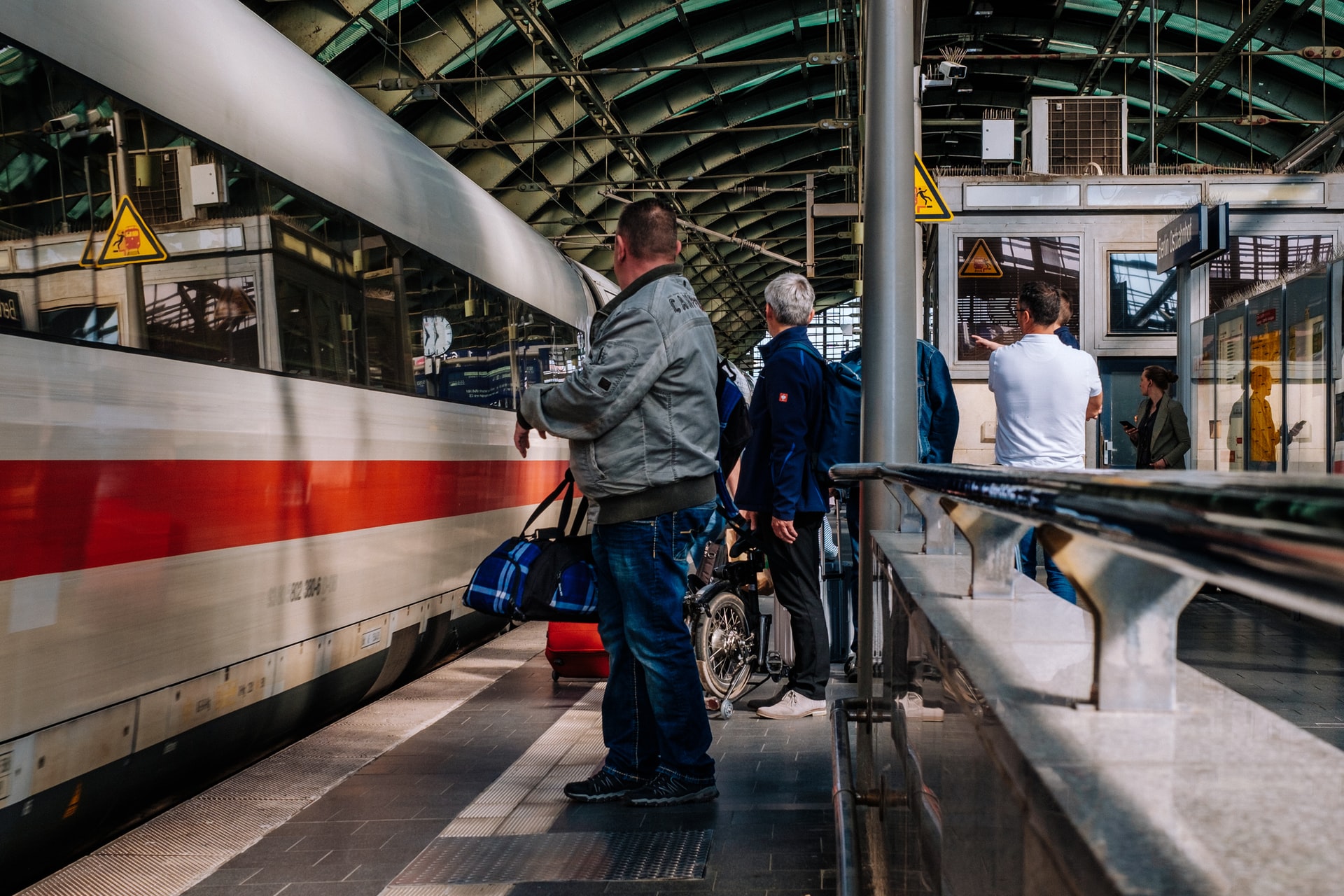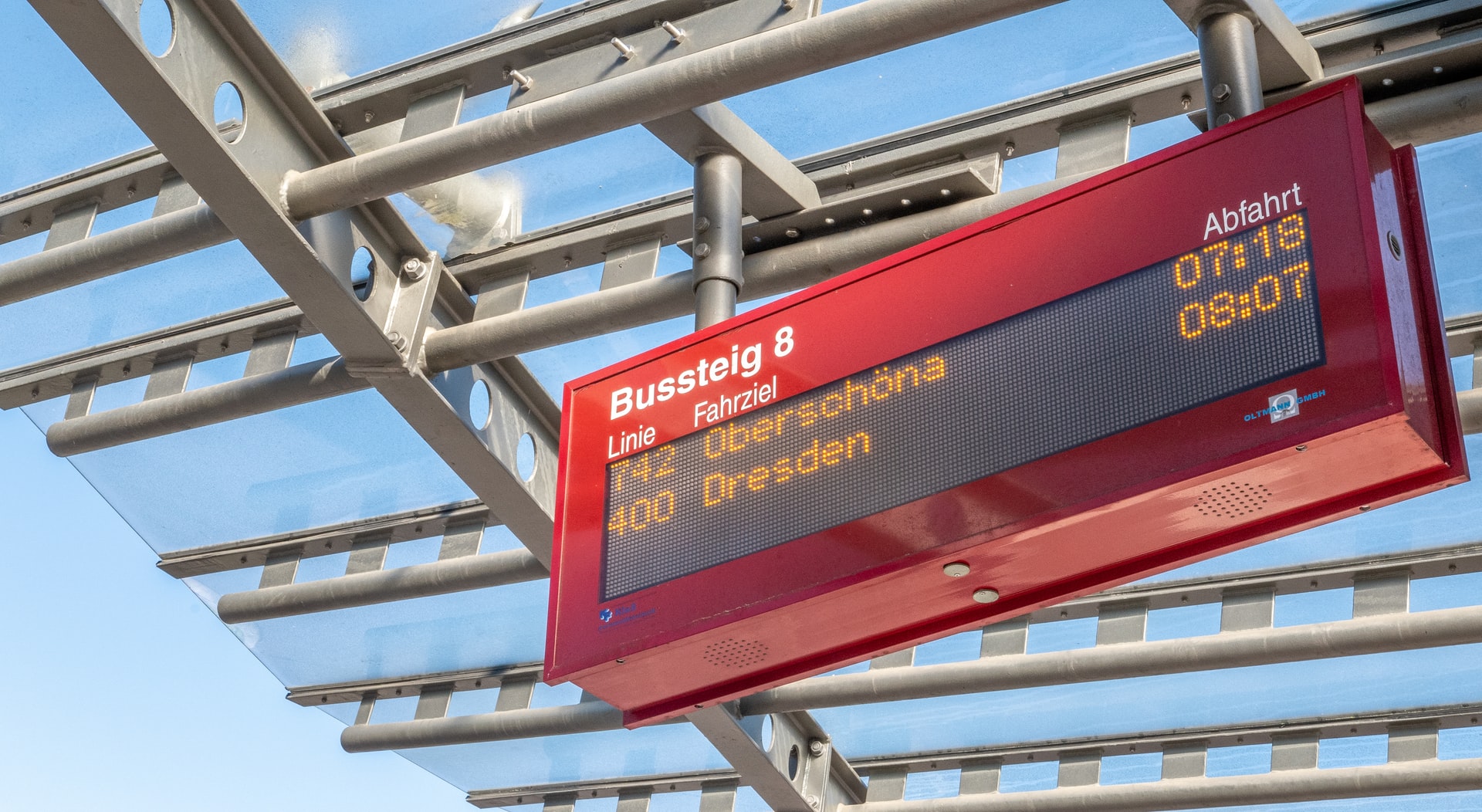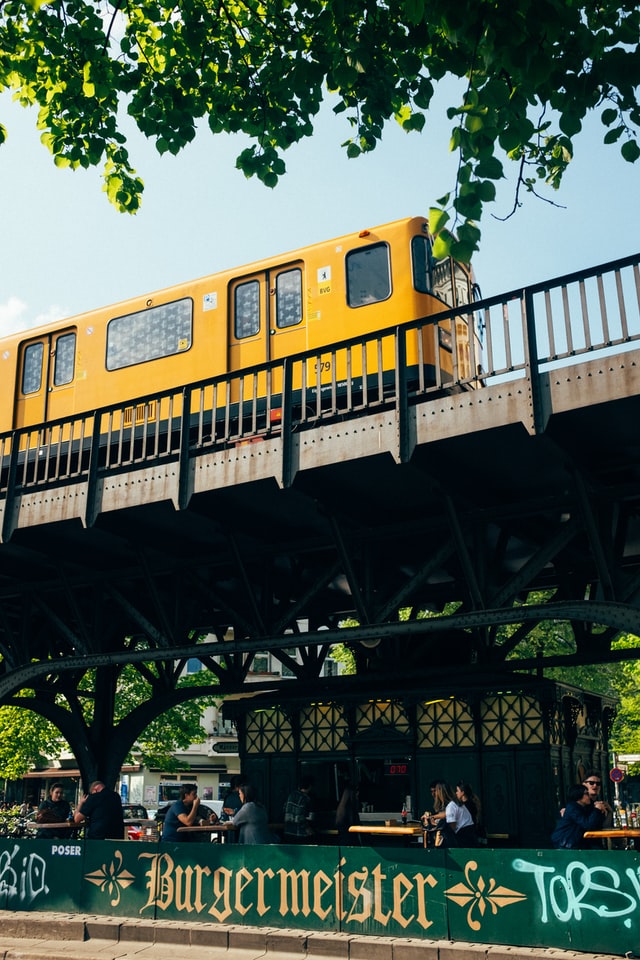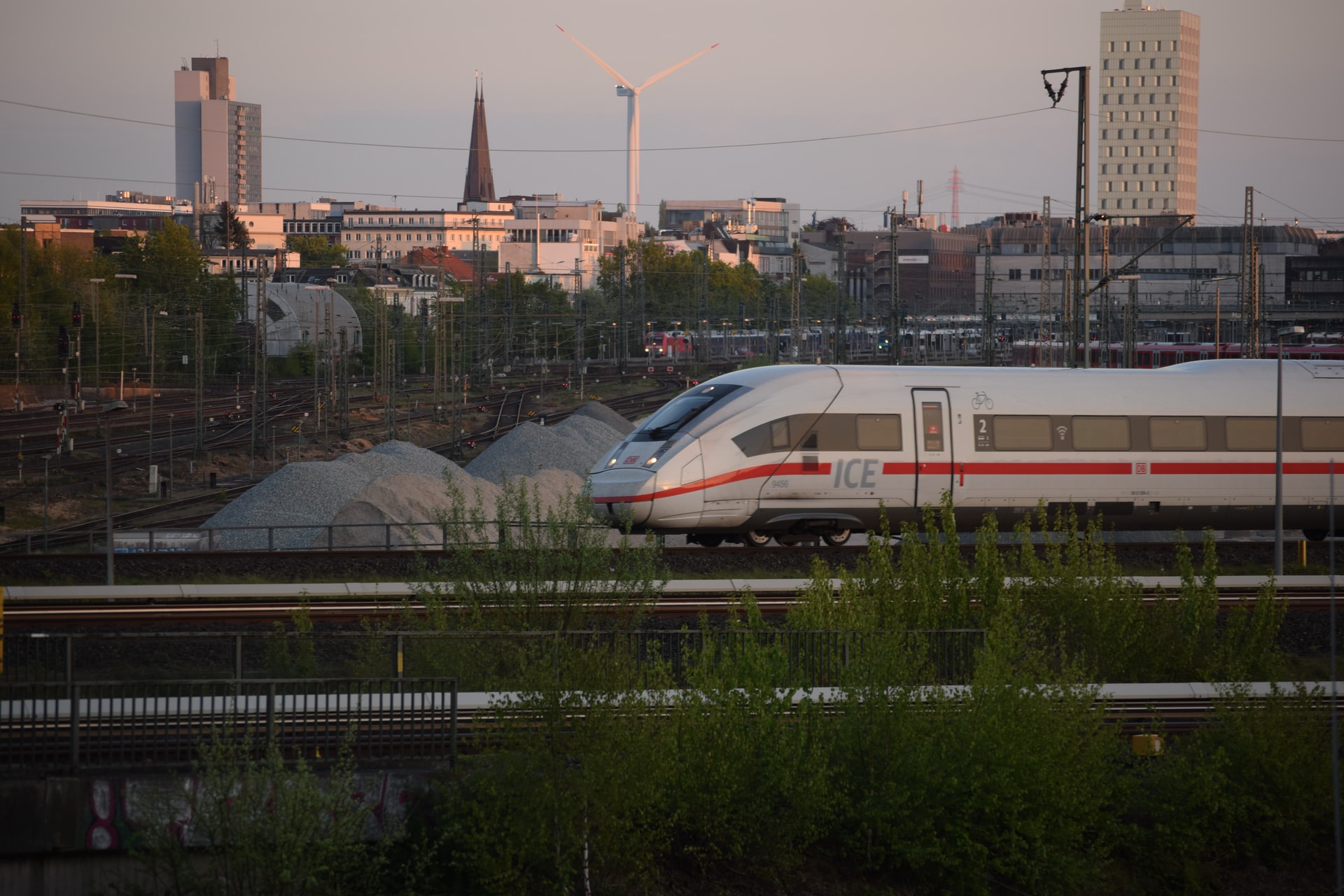
- Sustainable Planet -
- 4mins -
- 413 views
Germany cut the cost of using trains to €9 a month to encourage people to ditch their cars
The popularity of the €9 a month rail pass scheme—meant to slash pollution, emissions, but also to help wean Germany off its dependence on Russian oil—raises the question: what happens after summer?
This Summer, Travel Around German Cities for just €9
Last month, Germany slashed the cost of using trains, trams and buses to €9 ($9.56) a month to encourage people to ditch their cars and save energy amid Europe’s standoff with Russia. The passes for local transport networks are available for three months from June, thanks to legislation passed by Germany’s upper house of parliament. The discount amounts to more 90% off the regular rate for Berlin’s public transport network. The transport passes—valid for local and regional transport systems including buses and trains—have proved so successful the government is under pressure to extend the scheme.

Germans keep to see pass replaced with similar
Germany’s €9 a month rail passes have proven to be so successful that the government is under pressure to extend the scheme it introduced in June. The heavily subsidised pass is on offer until the end of August and grants all German residents and visitors unlimited travel on regional transport.
Minister-President of Bavaria, Markus Söder has proposed an even more generous offer of €1 a day train travel.
In an interview with the German paper Bild on Sunday, he said, “The real problems will come in the fall. Then the prices go up again. My suggestion would be a 365-euro annual ticket for all local public transport throughout Germany.”
The Federal Ministry for Digital and Transport (BMDV) has not commented on the state leader’s suggestion. It’s clear, however, that the public is keen to see the pass replaced with another measure to make train travel easier and cheaper.
Source: EuroNews

How successful has Germany’s ‘€9 pass’ scheme been?
The current pass has led to a drop in congestion on roads in 23 out of 26 cities examined as part of a preliminary analysis by traffic data specialist Tomtom for the German Press Agency last month.
"Commuters lost less time driving to and from work in June than in May in almost all cities surveyed,” said traffic expert Ralf-Peter Schäfer, including those in Hamberg and Wiesbaden.
Around 21 million of the €9 tickets were sold in June alone, Association of German Transport Companies (VDV) figures show. That’s on top of the roughly 10 million subscribers who automatically received the discounted ticket.
“The number of 30 million tickets per month previously calculated by the industry has not only been reached, but even slightly exceeded," said VDV President Ingo Wortmann.
And, according to weekly surveys of 6,000 public transport users by national rail carrier Deutsche Bahn and VDV, one in five people have been encouraged to switch to public transport for the first time.
Source: EuroNews

new ‘climate ticket’ suggested from September
The passes popularity “increases the pressure as to what to do once the scheme has finished,” VDV managing director Oliver Wolff told British newspaper the Guardian.
One proposal from the association is to launch a new €69 a month pass called “the climate ticket” (or Klimaticket), similar to Austria’s pass of the same name. Wolff says this would be especially geared towards “car drivers who are willing to pay.”
It’s a little less ambitious than Söder’s idea, but at a cost of €2 billion a year, Wolff claims it’s financially doable with the remainder of funds that the government had earmarked for COVID recovery. He adds that travel bosses are ready to deliver the deal with government backing.
However there’s also a need to invest in Germany’s rail network, so it can cope with more commuters and travellers. Without this, the popular €9 project risks being looked back on as a “last hurrah” for public transport, the German Association of Towns and Municipalities has said.
A number of other European countries have also made trains cheaper as a way to tackle both the cost-of-living and energy crises. Spain won widespread support last month for making all short and medium distance trains free of charge from September until December – a deal all the sweeter for being funded by a windfall tax on banks and energy companies.
Source: EuroNews


